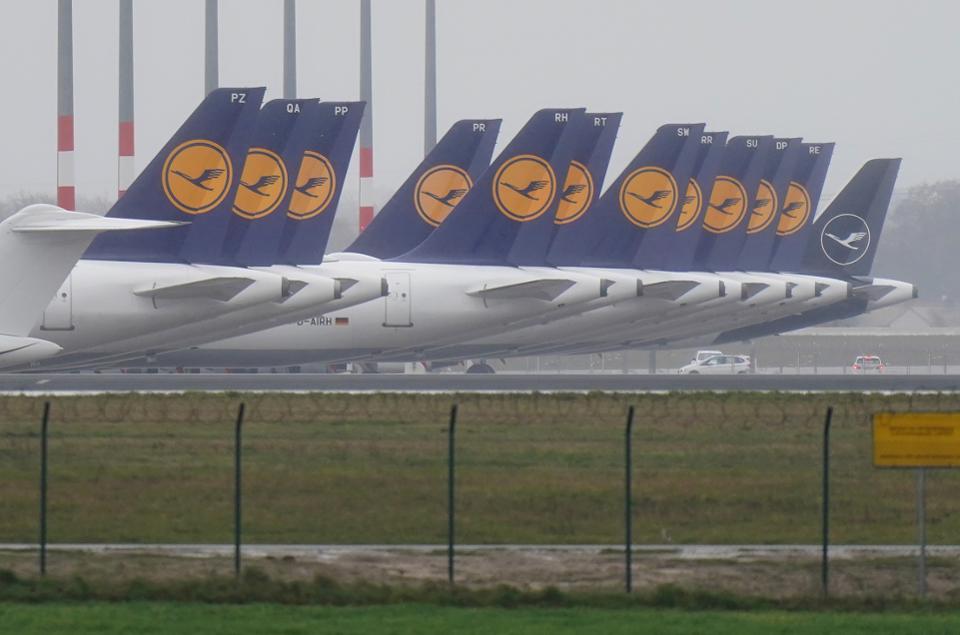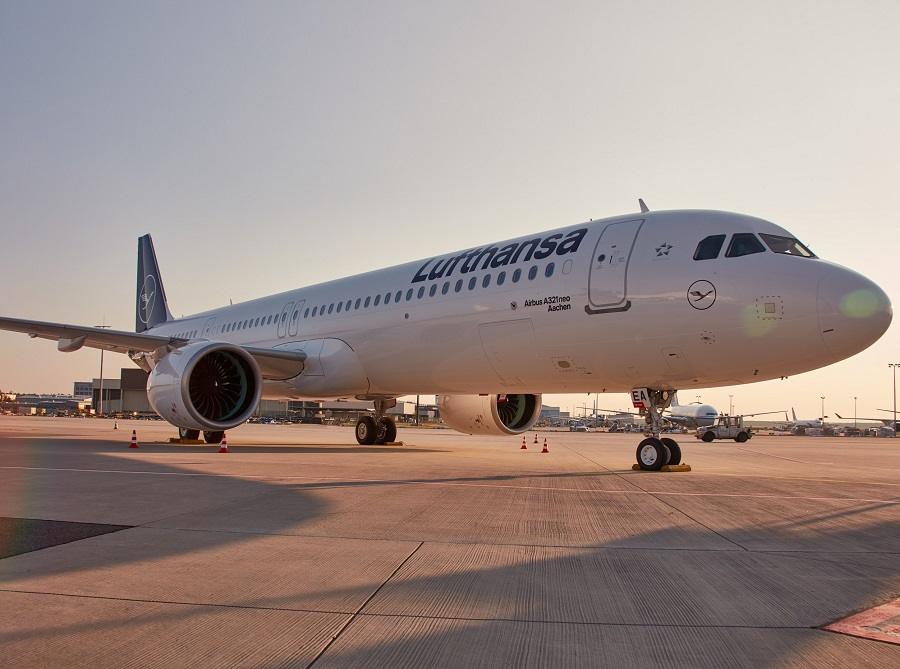It has been simmering in the background, but the airport slots row in European airports returns as airlines disagree over the slot waiver’s duration.
The pandemic has thrown many challenges to aviation and many other industries. One of the earliest ones in 2020 had to do with existing rules on airport slots. A ‘slot pair’ is basically a take-off and a landing. And each airline has to secure enough slots from a limited ‘supply’, in order to operate in each airport.
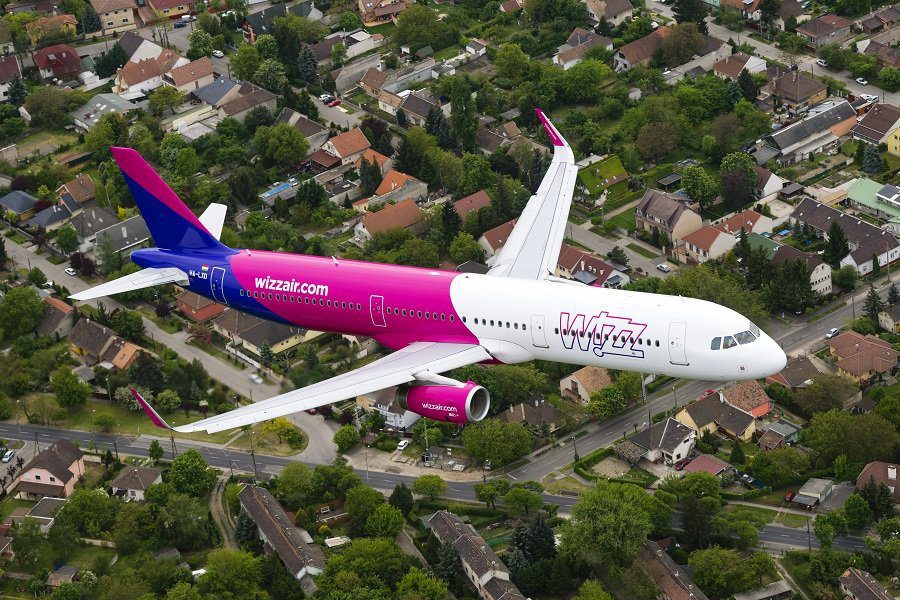
In some smaller airports, finding slots isn’t as difficult, because demand is relatively low. However, the story is very different in large cities. The ‘hunt’ for airport slots in popular hubs can escalate to a row – or to a valuable slot trade. But there is a catch. Airlines have to use at least 80% of these slots, in order to keep them. This is sometimes called the “Use it or lose it” rule.
The rule is there to ensure that airlines aren’t ‘hoarding’ slots, keeping their competitors out of key airports. Also, it’s a desirable rule for airports, that get fees based on the number of operations that airlines make. However, this situation doesn’t account for situations where nobody is flying – as was the case early in the pandemic. Even later, airlines didn’t fly anywhere near enough to meet that 80% threshold.
Airport Slots – The Start Of The Row
The row around airport slots didn’t come early on when everyone agreed to eschew the 80% threshold. European governments extended the waiver multiple times already and could do it again. But already a year ago, not all airlines agreed on the duration of this waiver. Broadly speaking, low-cost carriers didn’t (and don’t) want the waiver, while traditional carriers do. These are the two sides in the airport slots row.
As we have seen, long-haul flying will take much longer to recover in the pandemic than other forms of travel. And with very few exceptions, low-cost carriers (LCCs) don’t do long-haul anyway. Additionally, LCCs are much quicker than traditional carriers in opening new bases, when there is such an opportunity. This means that they can move into a recently-vacated airport much quicker – if the slots are available.
And this is the present nature of the airport slots row. Recently, Lufthansa claimed that the escalation of the Omicron variant in the slow winter season presents new challenges. The airline said that it will perform 18,000 “unnecessary flights” this winter, to secure its existing slots. So the airline is arguing for extending the slot waiver, on environmental grounds.
Low-cost carriers don’t see it this way. Wizz Air CEO Jozsef Varadi waded into the row, saying that airlines could simple relinquish their airport slots and let the market sort things out. Ryanair’s CEO argued that Lufthansa could simply operate low-fare flights in winter, instead of flying nearly empty planes. Lufthansa later clarified that these 18,000 flights aren’t empty (aka “ghost”) flights.
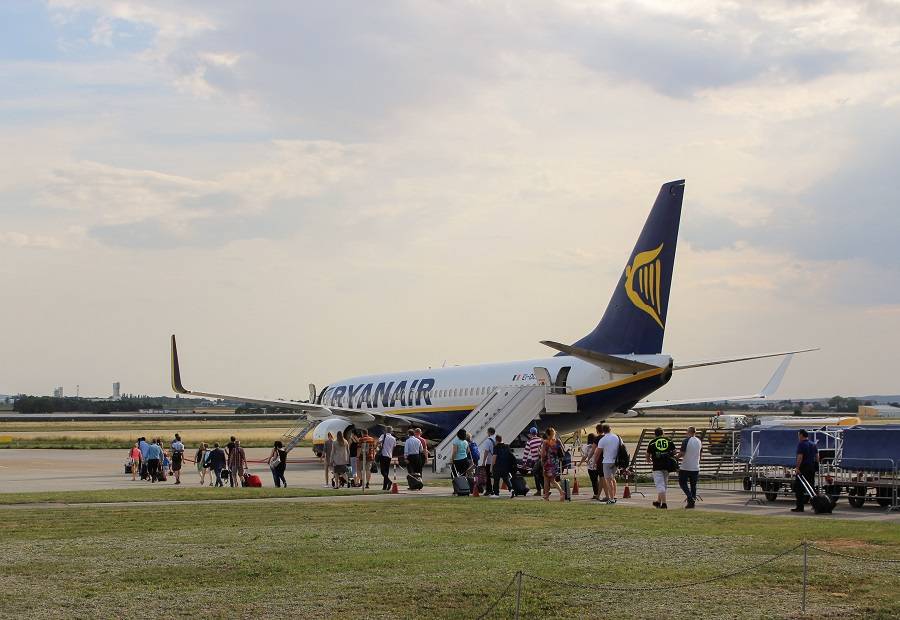
A Mismatch Of Airports?
The row doesn’t mean that LCCs always want the airport slots that flag carriers are using. That’s because most LCCs prefer to operate from secondary airports. But some do want some of these more “premium” slots. Wizz Air’s Jozsef Varadi said this in an interview:
“We would be able to operate those slots at constrained airports so why are they protected for the benefit of legacy carriers who are incapable of operating them because they are inefficient?”
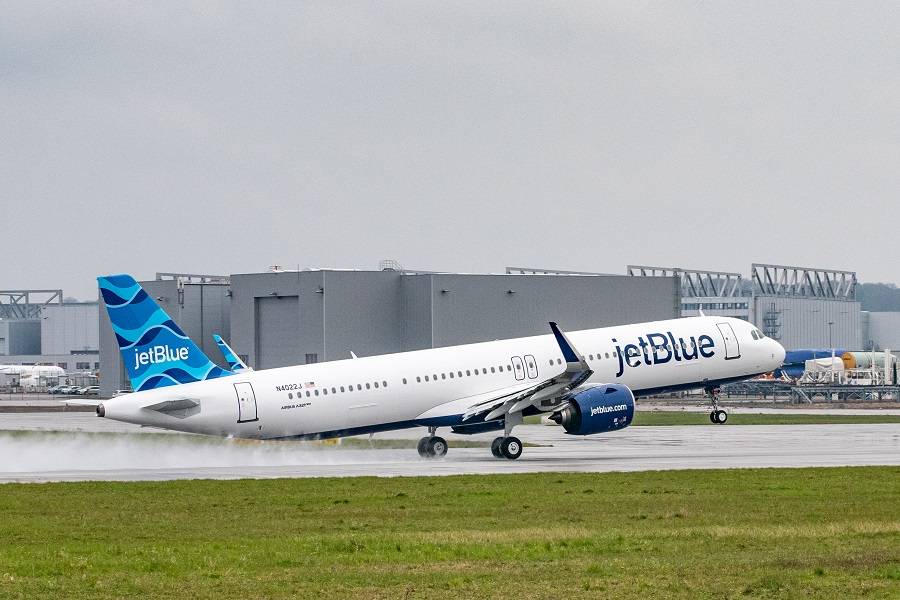
Low-cost carriers in Europe also point out that they generally operate newer aircraft than many traditional carriers. And that this makes the environmental argument in this airport slots row, a bit… suspect. We also saw cases like JetBlue’s, who wanted slots in London’s Heathrow for its transatlantic trips. The airline found them eventually, after buying them.
And that’s another argument here, especially in difficult times. LCCs don’t want to buy slots – because if nobody is using them, they shouldn’t have to buy them. Conversely, slots in highly desirable airports are a tradeable commodity, especially for airlines in hard times. And beyond this row, we’ve seen that severe limitations in airport slots are one reason why huge planes like the A380 are still going.
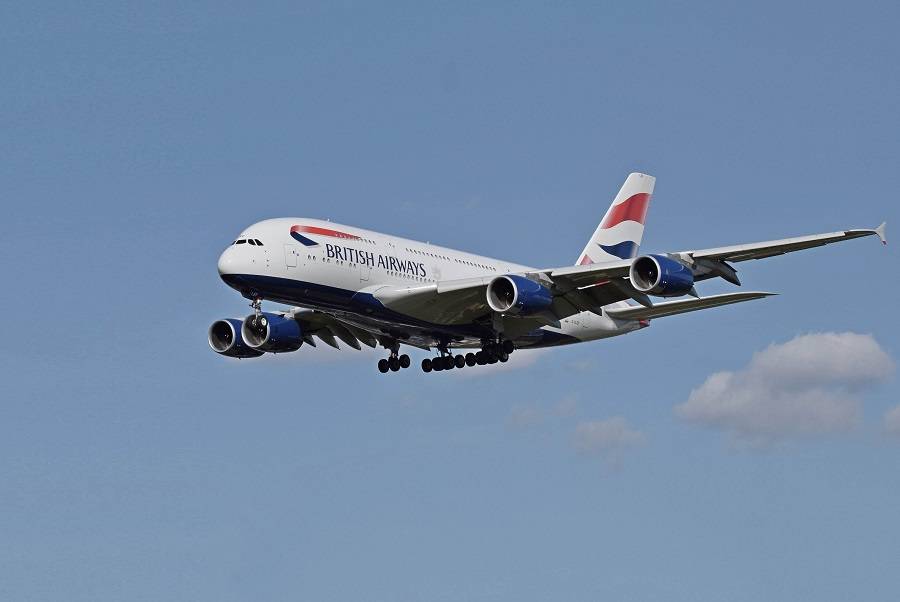
Ultimately, air travel will normalize, and this row will go away. However, it seems that many airlines don’t want the 80% waiver to go away until international travel recovers completely. And this could still be a year or more into the future.

